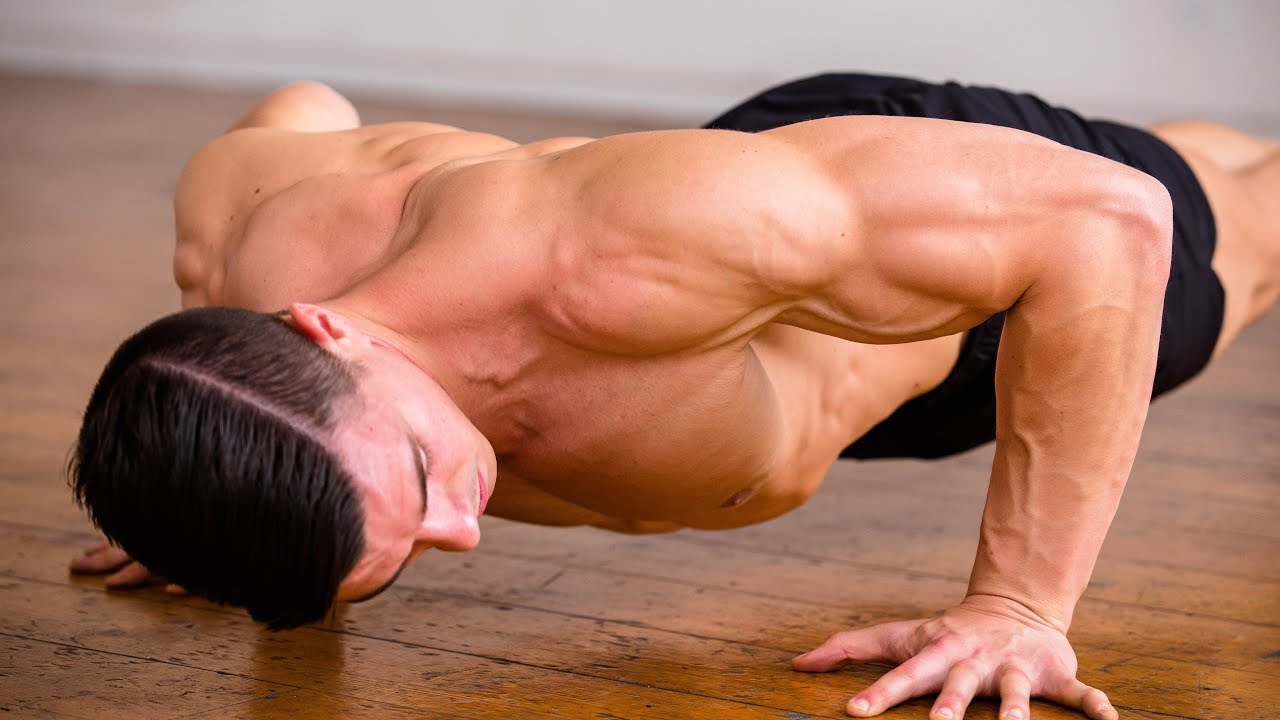
Most people think of heart rate or blood pressure when they think of vital signs. It is common to use numbers to quantify health and risk of disease. The American Heart Association encourages people to "know their numbers" referring to blood pressure, blood cholesterol, blood glucose, and weight. However, research is now showing the importance of moving properly for health. Let's take a look at some of the numbers you can use to quantify your movement health:
Exercise creates many changes in your body - your heart begins to pump blood more efficiently, your muscles use oxygen more efficiently, they contract in a more coordinated manner, and your body gets more efficient turning food into fuel to name just a few. Deconditioning is the reversing of these changes. Exercise is a "use it or lose it" kind of thing, and deconditioning is the process by which we "lose it."
Push ups are popular to build strength, but a recent study found that they can show us a lot about your heart too. Researchers found that men who could do 40 or more consecutive push ups were at a 96% lower risk for cardiovascular disease than were men who could do less than 10. The push up test was also more useful in predicting future cardiovascular disease than aerobic capacity measured on a treadmill.
Hand grip strength has been shown to be strongly correlated with health. The stronger your hand grip is, the less likely you are to suffer from cardiovascular disease, respiratory disease, COPD, and all types of cancer. In the study, muscle weakness was defined as grip strength 26 kg for men and 16 kg for women. Grip strength below these numbers was highly correlated with an increase in disease.
If you can't easily get down on the floor and back up your health might be in trouble, according to a study that looked at more than 2,000 people. The study asked people to go from standing to sitting on the floor and back up with as little support as needed. They found that if you need to use more than one hand to get up and down from the floor that you were 2 to 5 times more likely to die in the next 7 years than someone who can do it with just one hand, or even better, no hands at all.
Moving well is obviously important to overall health and longer life. These tests can give a snapshot of how you're doing. If you're having trouble with any of them, considering seeing a movement specialist - your physical therapist.
Reference from : https://ppsapta.org/marketing/blog/browse.cfm?recID=89C0FBDC-5056-A04E-378DAC26015B5CE0
